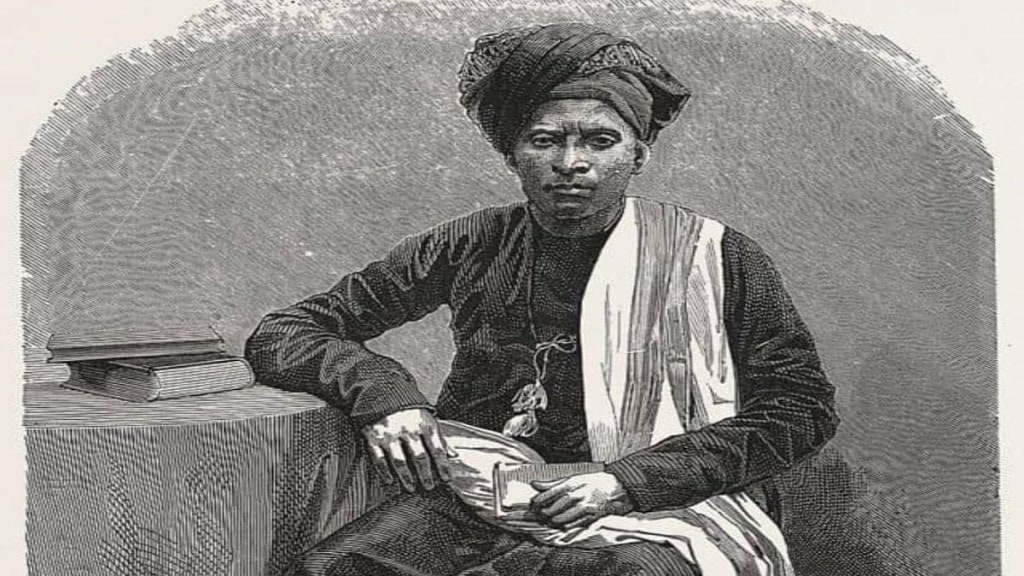India for decades has been home to some of the wealthiest people from around the world who have made their marks as business magnates, tech titans and build companies that have made fortunes thereby contributing to the wealth of the nation. One such businessman was Virji Vora, Gujarati business tycoon hailing from Surat during the Mughal era.
Though very little is known about his familial background, it has been noted by scholars and historians that he belonged to the Srimali Oswal Porwal caste. The title of Samghapati/Sanghavi, which is granted to a lay leader who makes a significant contribution, such as building a temple or organising a large-scale pilgrimage, was conferred on him because of his significant involvement in religious issues. He was active from 1619-1670s and played a significant role in the trade during that time.
Virji Vora engaged in wholesale trading as well as banking and lending money. He created a monopoly on some imports into Surat and dealt with a variety of goods, including as opium, bullion, coral, ivory, and lead. He was a significant credit provider and client for both the Dutch East India Company and the British East India Company.
He was often referred to as “merchant prince” and rightly so as he accumulated a personal wealth of about $8 million during that time, which is a massive amount.
He was a ‘sole monopolist’ and reportedly bought complete set of stocks and sold them for a huge profit. Virji Vora’s business empire had outposts throughout India as well as in South-East Asia, the Red Sea, and Persian Gulf port cities. At the most significant Indian commercial hubs, Virji has agents.
He was a competitor to the British but also maintained a cordial relationship with the EIC by sending them gifts and letters and was their biggest creditor and customer in Surat. According to studies by historians and scholars, the Mughal emperor Aurangzeb dispatched an agent to Virji Vora in search of funding when he was experiencing financial difficulties during his campaign to conquer the Deccan area of India. Four Arab horses were originally sent to Shah Jahan by Virji Vora as a gift.








